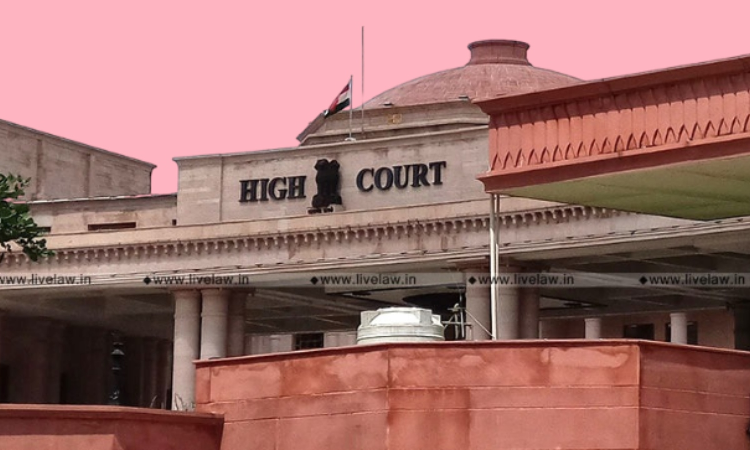Allahabad High Court Dismisses PIL Seeking Increase In Retirement Age Of Differently-Abled Employees Of State Govt
Sparsh Upadhyay
24 Aug 2022 12:46 PM IST

Next Story
24 Aug 2022 12:46 PM IST
The Allahabad High Court earlier this month dismissed a Public Interest Litigation (PIL) plea seeking enhancement of the age of retirement from 60 to 62 years in respect of the employees of the State Government who are differently abled.The petitioner (Ramkali Samajik Utthan Evan Jan Kalyan Samiti) argued that since the differently-abled government employees working in the State of Haryana...
